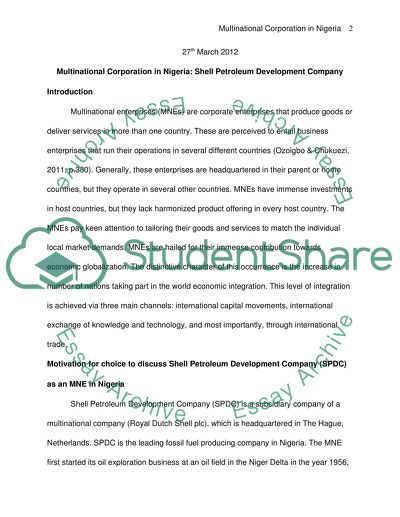Cite this document
(“Multinational Corporation in Nigeria: Shell Petroleum Development Coursework”, n.d.)
Multinational Corporation in Nigeria: Shell Petroleum Development Coursework. Retrieved from https://studentshare.org/macro-microeconomics/1446242-multinational-corporation
Multinational Corporation in Nigeria: Shell Petroleum Development Coursework. Retrieved from https://studentshare.org/macro-microeconomics/1446242-multinational-corporation
(Multinational Corporation in Nigeria: Shell Petroleum Development Coursework)
Multinational Corporation in Nigeria: Shell Petroleum Development Coursework. https://studentshare.org/macro-microeconomics/1446242-multinational-corporation.
Multinational Corporation in Nigeria: Shell Petroleum Development Coursework. https://studentshare.org/macro-microeconomics/1446242-multinational-corporation.
“Multinational Corporation in Nigeria: Shell Petroleum Development Coursework”, n.d. https://studentshare.org/macro-microeconomics/1446242-multinational-corporation.


